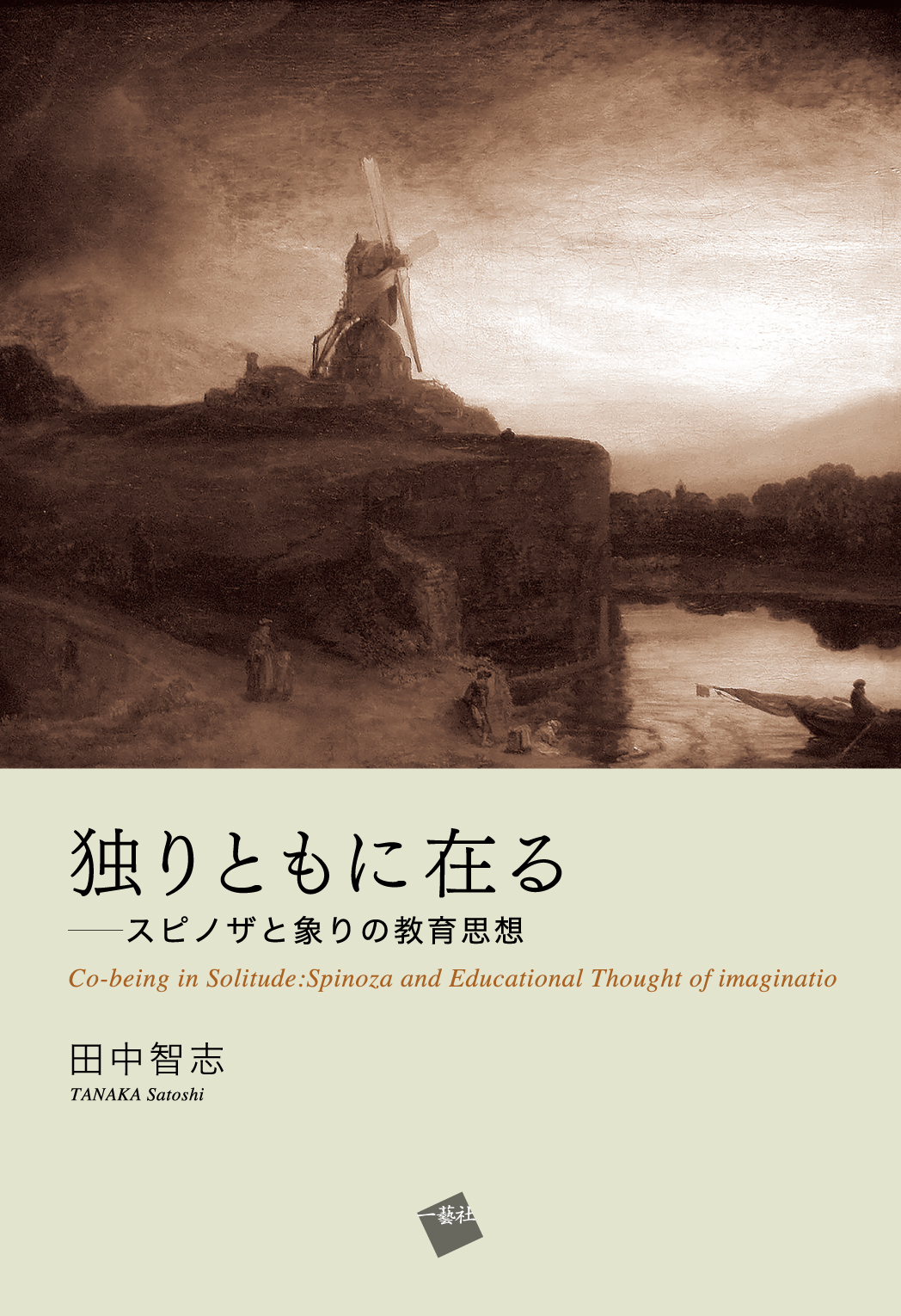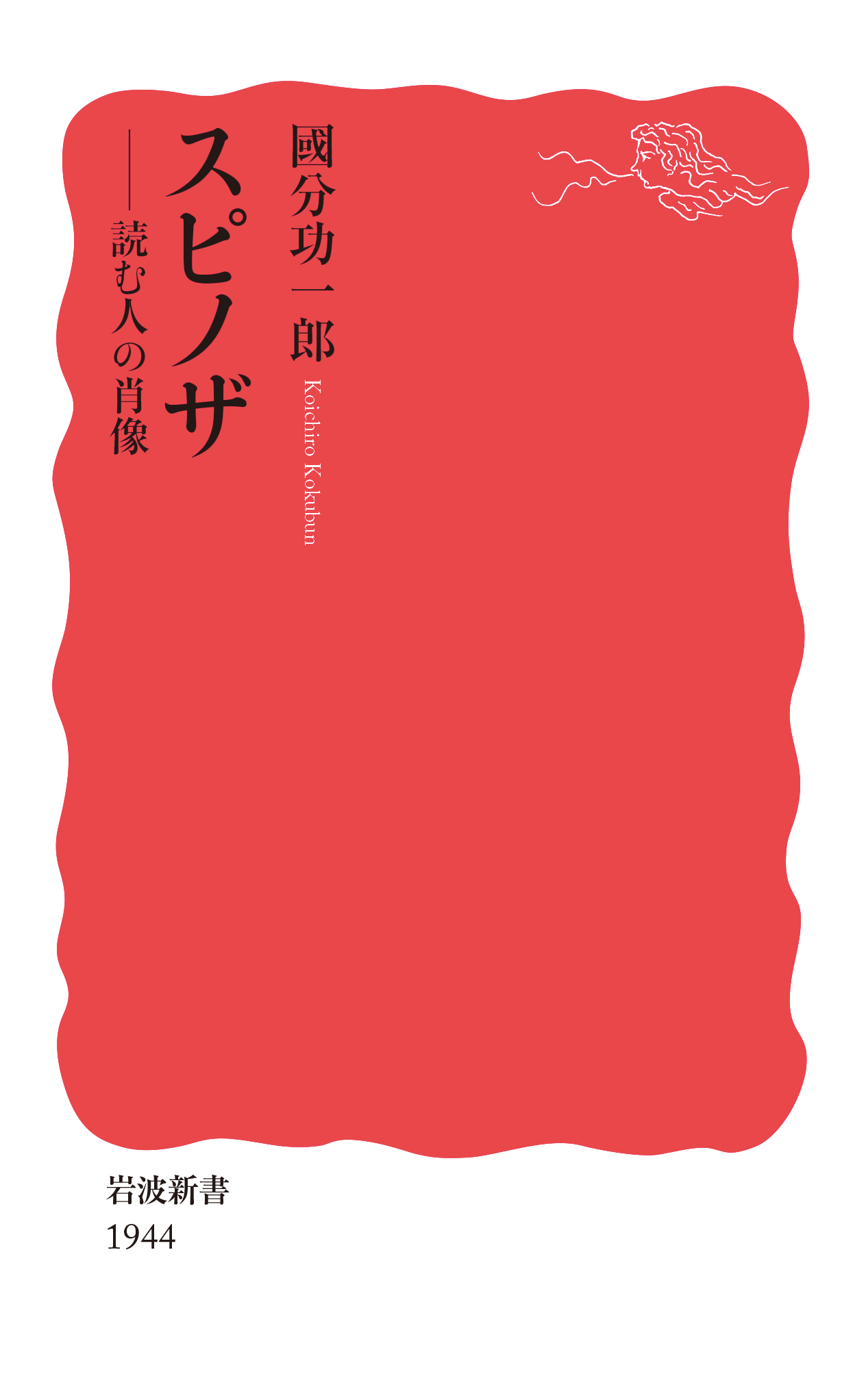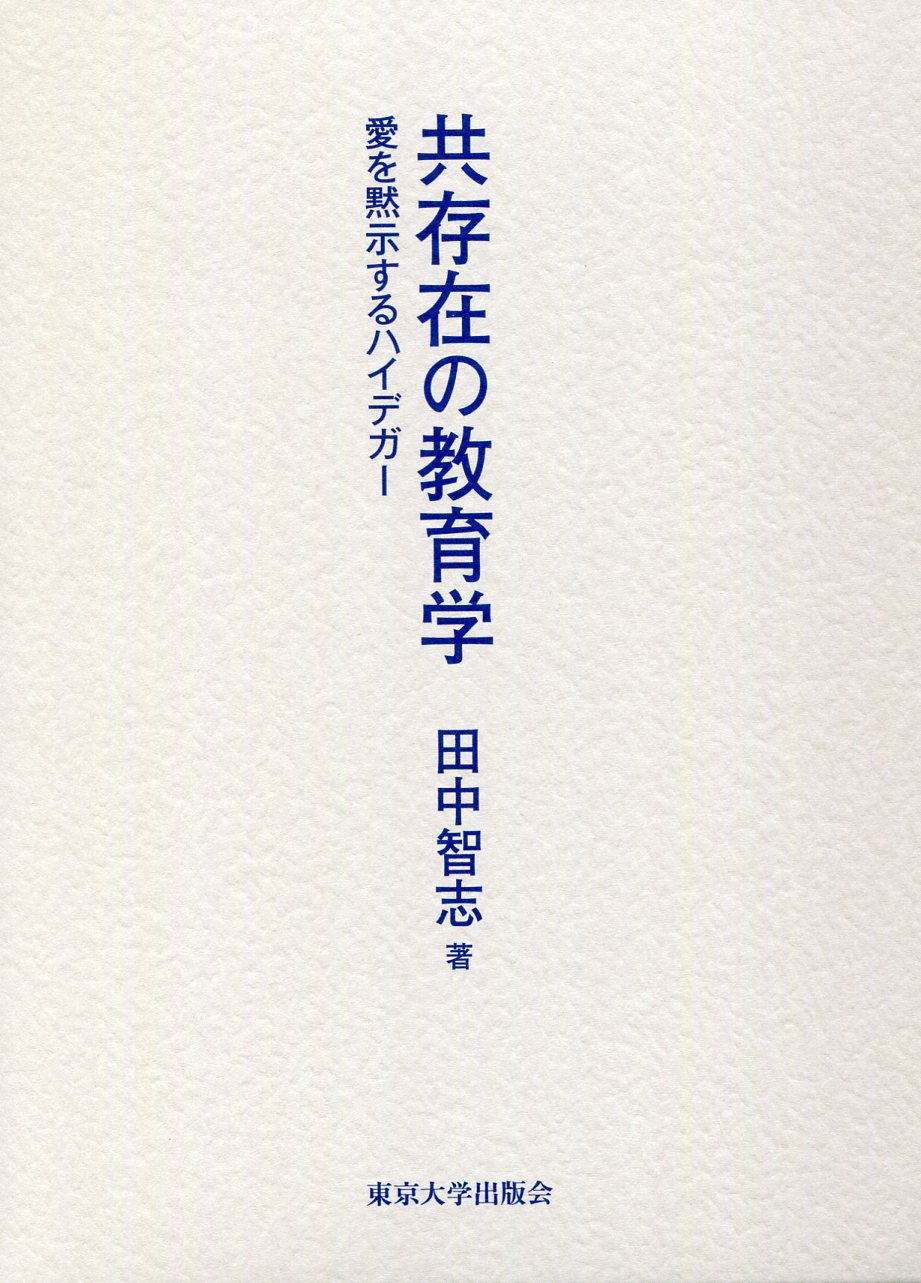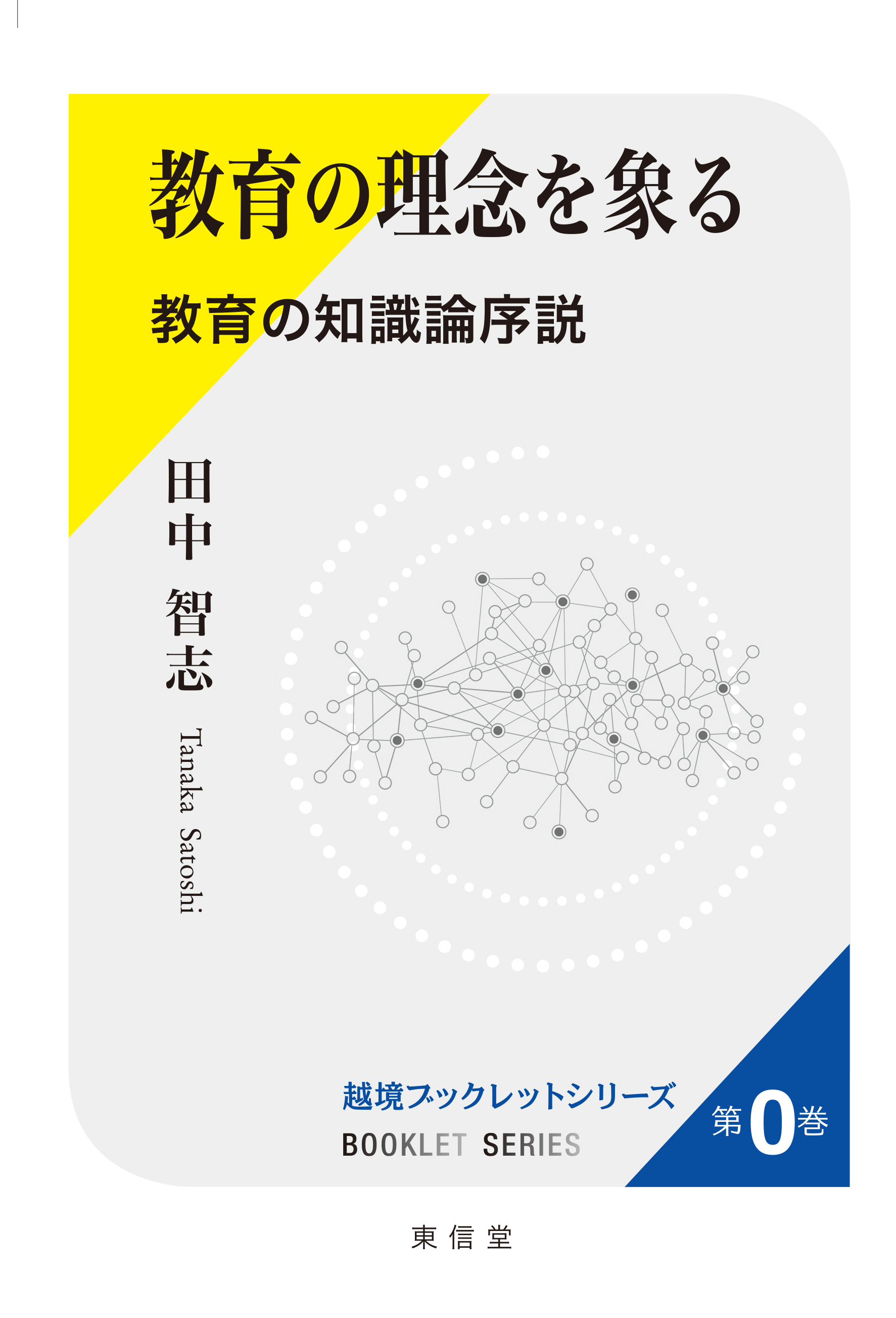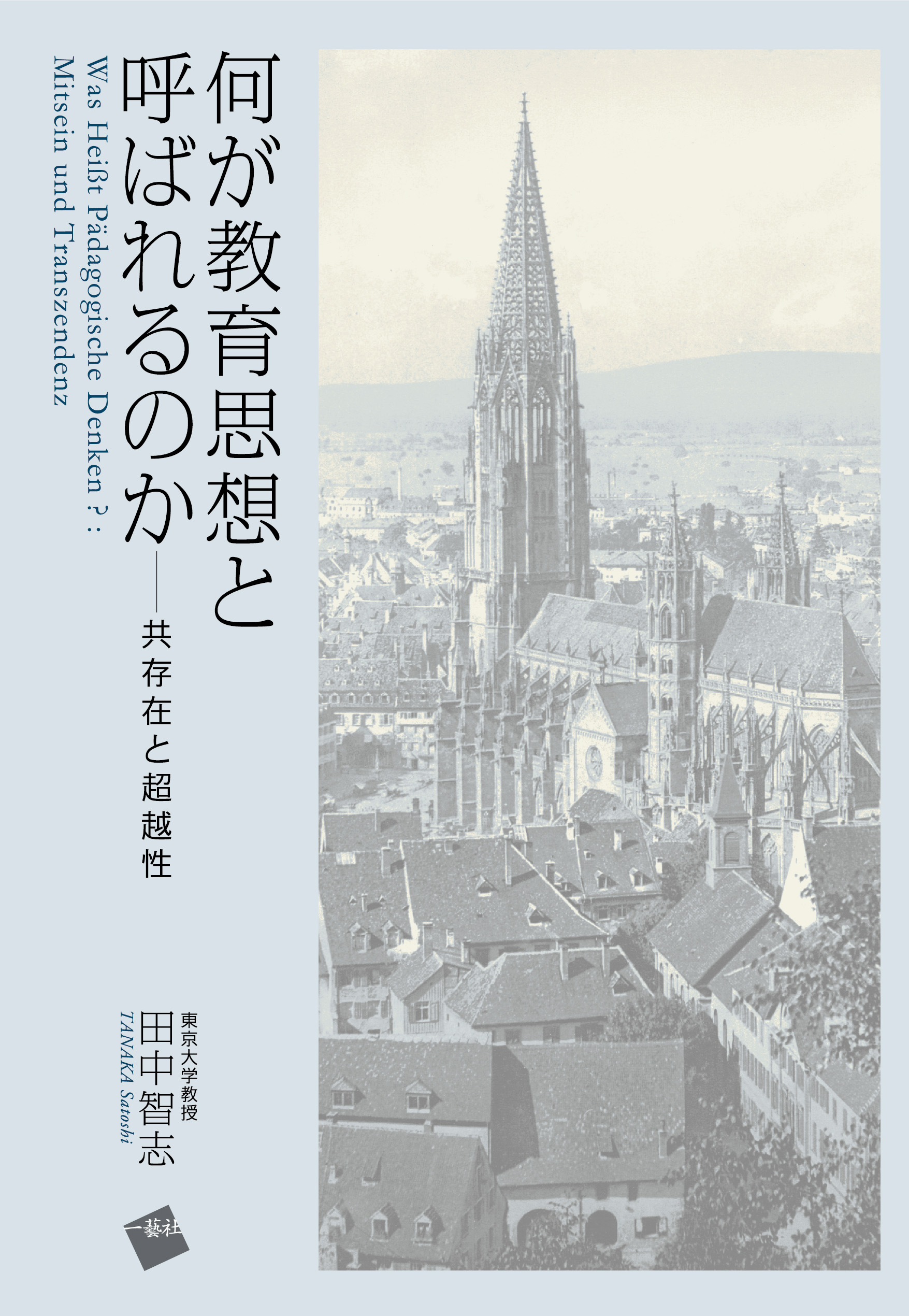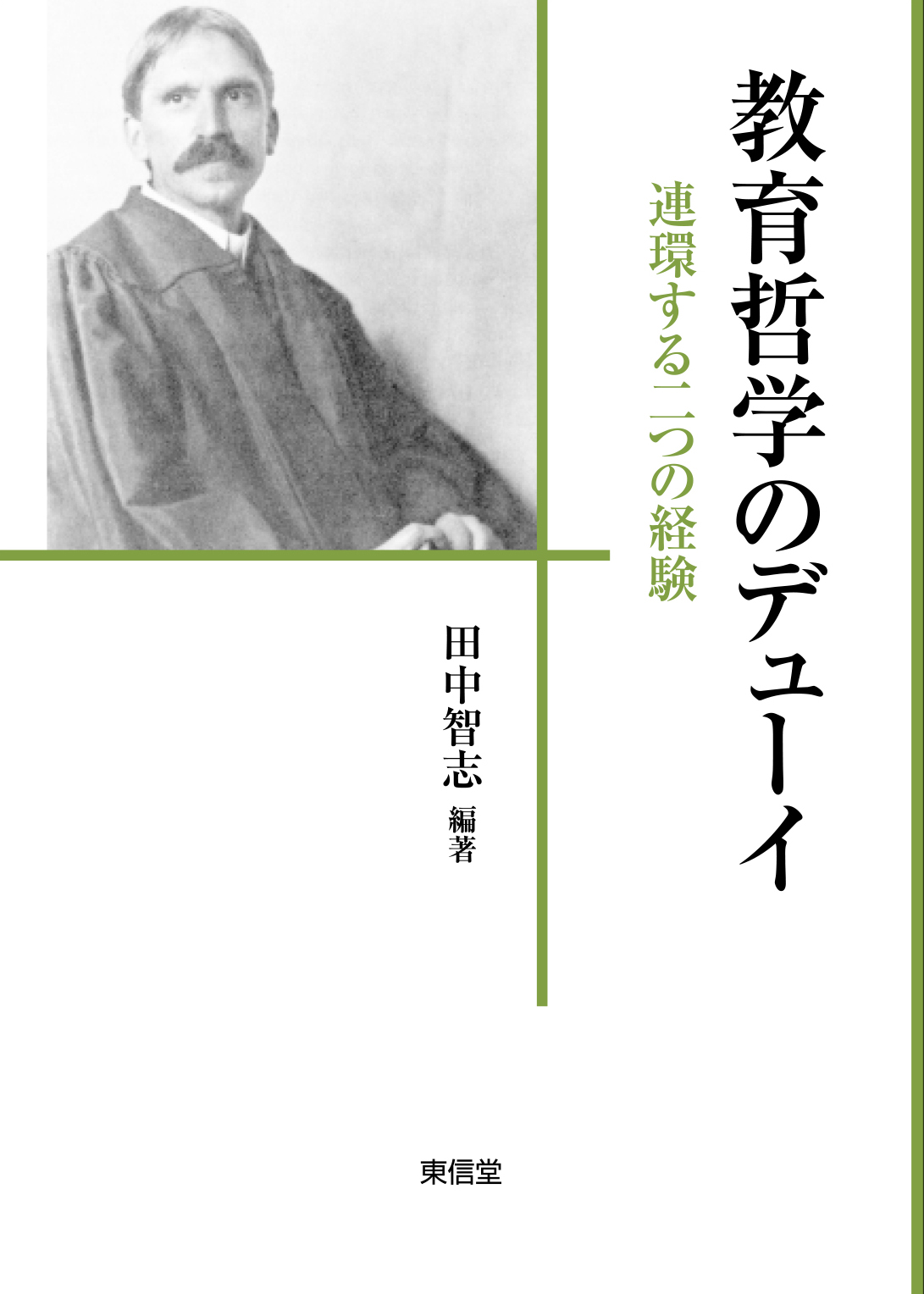
Title
Ushinawareta “Kokoro no Me” (The Lost “Mind’s Eye” - Natura humana and Henri Bergson)
Size
296 pages, A5 format, soft cover
Language
Japanese
Released
October 15, 2021
ISBN
978-4-86359-246-9
Published by
Ichigeisha
Book Info
See Book Availability at Library
Japanese Page
The main purpose of this book is to augment the present-day concept of humanity while shifting to an ideology that is out of step with the times by returning to the ancient Christian idea of humanitas (Natura humana) that flourished in Europe and to thereby establish a foundation for directing efforts by individuals to self-create (autopoiesis) and to choose and think about new possibilities. In this book, autopoiesis means to create a better self as a matter of course. This self-realization can be found in the ancient Christian concepts of anima, animus, intellectus, and spiritus.
The Christian ideologies examined by this book is limited to that of Augustine, Thomas Aquinas, Meister Eckhart, Erasmus, and Spinoza. These scholars were chosen because of their persistent efforts to address the difficulties of talking about God. The concepts epitomizing this persistence include Augustine’s oculus mentis, Aquinas’ visio Dei, Eckhart’s’ seelengrund, Erasmus’ anima, and Spinoza’s animus. All of these concepts share a common characteristic: namely, the guiding quality of perception and the vital nature of existence. This guiding quality and vital nature are dynamic qualities that are evident in intelligence as well in the senses (sensus).
Deeply related to the concept of humanitas discussed in ancient Christian ideology is humilitas. This concept of humilitas is often overlooked in this day and age where God is confined to religion. The concept of humilitas, the idea of unconditionally supporting others, also embodies the paradox of the “strength of weakness” (i.e., idea that weakness gives rise to diverse and abundant strength) that was persuasively argued by Kiyokazu Washida and other clinical philosophers. The concept of “strength of weakness,” which traces its history in Christian ideology back to Paul the Apostle, appears to have largely lost its appeal today. That said, it is just in such an age that we need to discuss the “strength of weakness.”
Henri Bergson’s philosophy of life (philosophie de la vie) is insightful in terms of seeing the throughline of ancient Christian ideology discussed in this book as well as creating a transcendental concept within the religion that replaces God. Bergson’s stance on God is existential in the sense that it is resonant. Bergson’s God is a shapeless ideal that vitalizes the soul and can be seen in guidance. To Bergson, God represents unconditional love. The ancient Christian ideologies examined in this book provide essential context for understanding Bergson’s philosophie de la vie as well as an opportunity to rethink the ideology regarding the relationship between people and nature.
(Written by TANAKA Satoshi, Professor, Graduate School of Education / 2022)



 Find a book
Find a book


